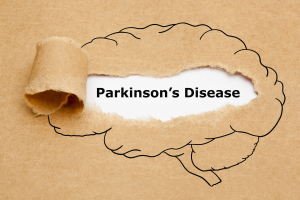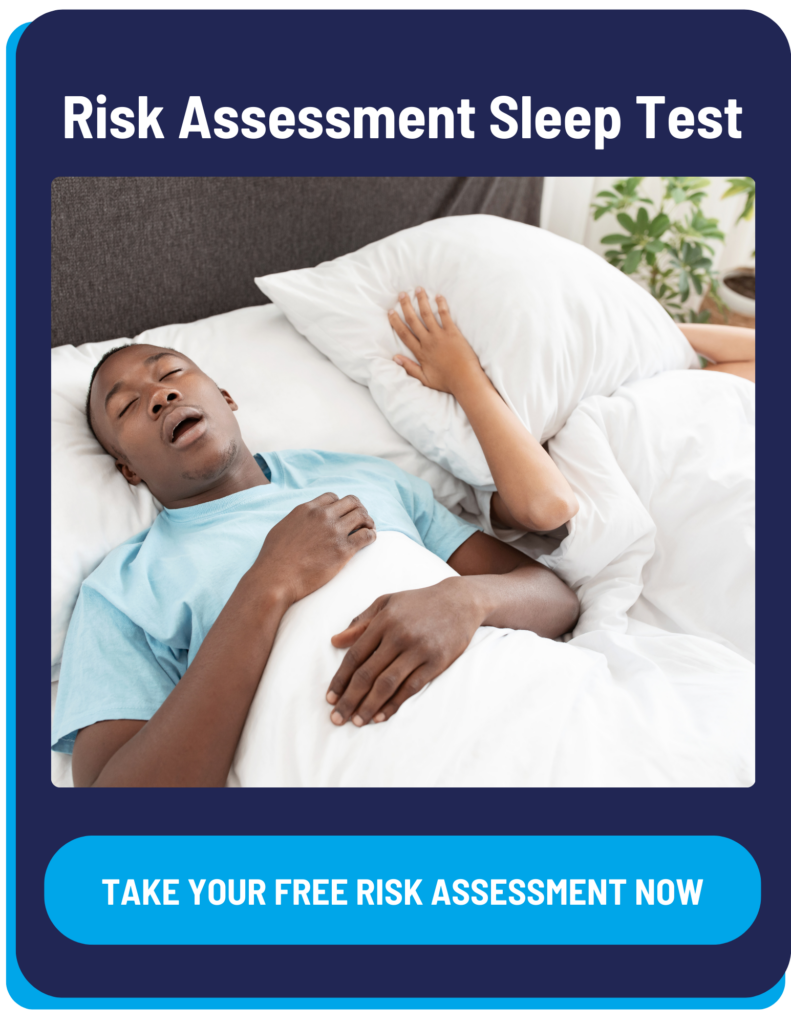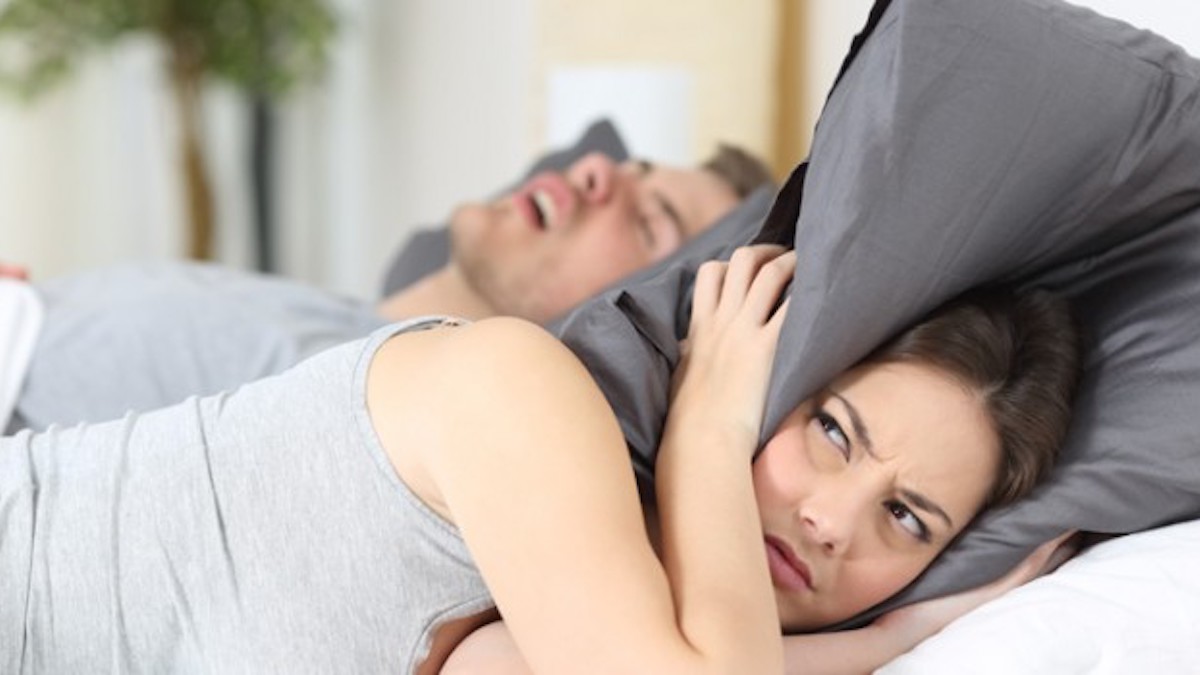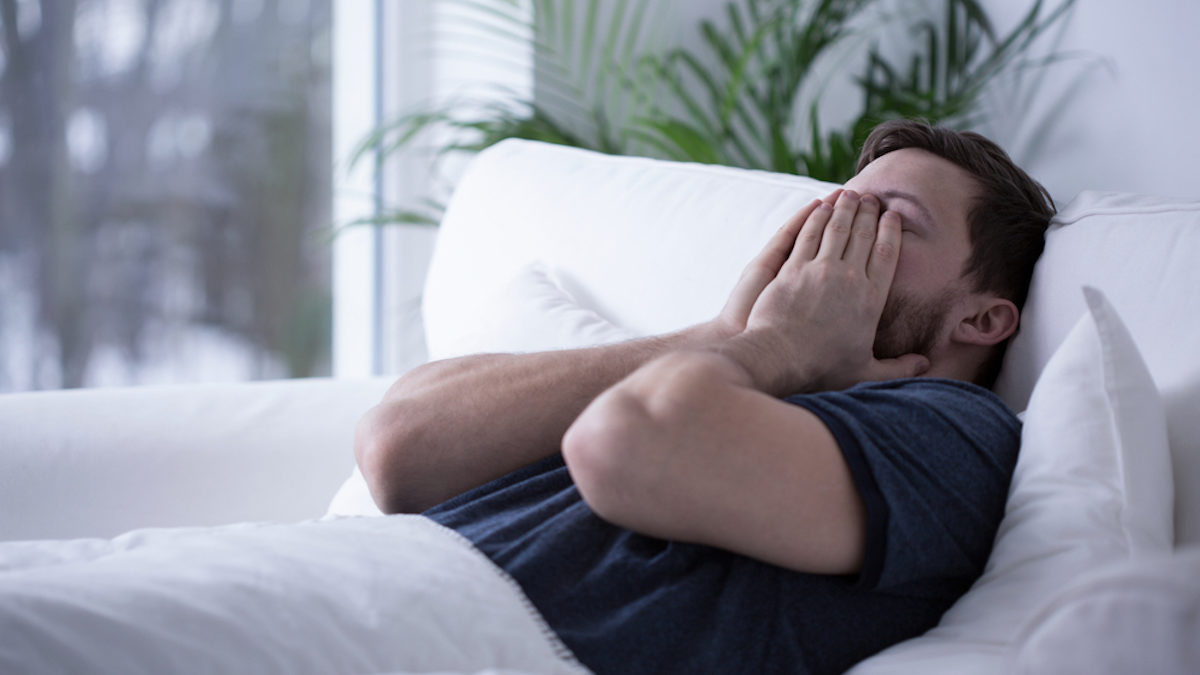There may be a link between sleep apnea and Parkinson’s disease. The impact of poor sleep on brain tissue over time may contribute to the early stages of the degenerative condition. Since getting a good night’s rest is essential for brain well-being, sleep disorders need to be taken seriously to ensure future brain health.
What is Parkinson’s Disease?
Parkinson’s disease is a degenerative neurological disorder that affects balance, movement, and coordination. Named for James Parkinson, the English doctor who identified the disease in 1817, Parkinson’s afflicts nearly 10 million people worldwide.1
What Causes Parkinson’s Disease?
While no direct cause has been identified, the disease does have some typical patterns.
- Most common in people over the age of 60
- Men are more likely to get the disease than women
- Head injuries, brain inflammation, environmental toxins, and genetics are all suspected cases of the disease
Signs Of Parkinson’s Disease
Patients with early signs of Parkinson’s may experience tremors, changes in their handwriting, difficulty walking, poor sleep, changes in voice and posture, and changes in facial expression. These early indicators are likely to lead to extensive tests to determine a Parkinson’s disease diagnosis.
Why Do Patients with Parkinson’s Have Trouble Sleeping?
Patients with Parkinson’s disease may experience chemical changes in the brain. These changes can disrupt normal sleep cycles, leading to less restful sleep. Also, some of the prescribed medications for treating their Parkinson’s disease may cause poor sleep as a side effect. Parkinson’s patients are also more likely to experience physical pain at night and mood disorders which can all impact healthy sleep.
Parkinson’s patients may experience a diverse range of sleep problems including:
- Insomnia: an inability to fall asleep at all.
- Fragmented sleep: waking up frequently throughout the night.
- Excessive daytime sleepiness: a feeling of constant drowsiness during that day that leaves them awake at night.
- Very vivid dreams: often powerful dreams or nightmares that awaken them or leave them emotionally drained upon waking.
Sleep Disorders Related to Parkinson’s Disease
Some of the sleep disorders that a patient with Parkinson’s disease may experience can cause frequent wakefulness and eventual drowsiness during the day.
REM Sleep Disorder
REM sleep disorder is a sleep disorder in which you physically act out vivid, often unpleasant dreams with vocal sounds and sudden, often violent arm and leg movements during REM sleep.
Restless Legs Syndrome
Restless Legs Syndrome is a condition that causes an uncontrollable urge to move the legs, usually while asleep.
Nocturia
Nocturia is a condition in which you wake up frequently during the night because you have to urinate.
Circadian Rhythm Disruptions
Circadian rhythm sleep disorders are caused by a misalignment between internal sleep-wake rhythms and the light-darkness cycle.
Can Sleep Apnea Cause Parkinson’s Disease
While the results are inconclusive, there is strong evidence that sleep apnea may lead to Parkinson’s disease. Moreover, sleep apnea reduces oxygenation to the brain, which over time can stimulate a specific protein alpha-synuclein in the blood. This elevated protein level becomes toxic and begins the degenerative process of Parkinson’s in the brain.2
Home Sleep Apnea Test for Parkinson’s Disease Patients
Taking steps to treat sleep apnea can be the best measure for helping ensure brain health. Fortunately, sleep apnea diagnosis and treatment are available in a convenient home sleep apnea test from Sleep Care Online. Here is how it works.
- With the Complete Care Package, schedule a 10-minute telehealth visit with a healthcare provider to discuss your symptoms, upcoming sleep study, test results, and treatment options.
- A multi-night, disposable home sleep apnea test is mailed to your home to be completed at your convenience.
- A physician analyzes the sleep data and provides a prescription if needed.
- Schedule an optional follow-up appointment (additional fee applies).
- We connect you to sleep experts who can offer customized sleep therapy options, assistance in equipment purchase, and initial set-up.
Home sleep apnea tests and telehealth services are now available nationwide. Call 866-465-4478 or email contact@sleepcareonline.com for more information.
References:
- United Brain Association. Parkinson’s Disease.
- Parkinson’s News Today. Carvalho, Joana. Lack of Tissue Oxygenation from Sleep Apnea Linked to Parkinson’s, Study Suggests April 30, 2019.





